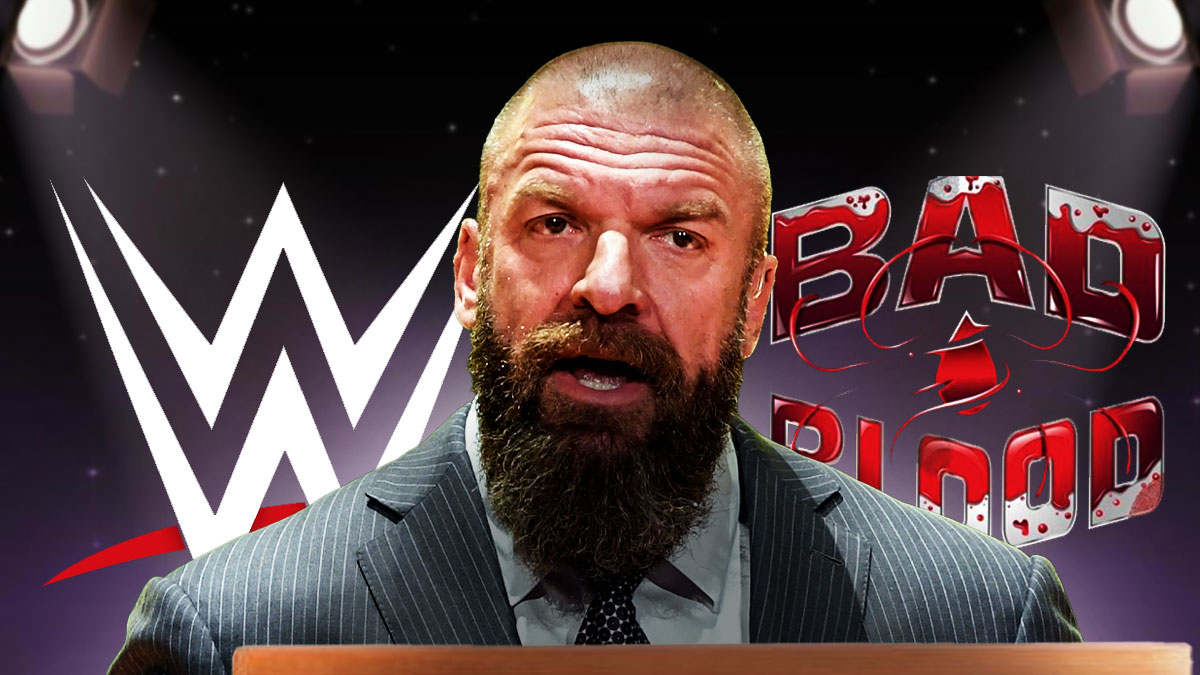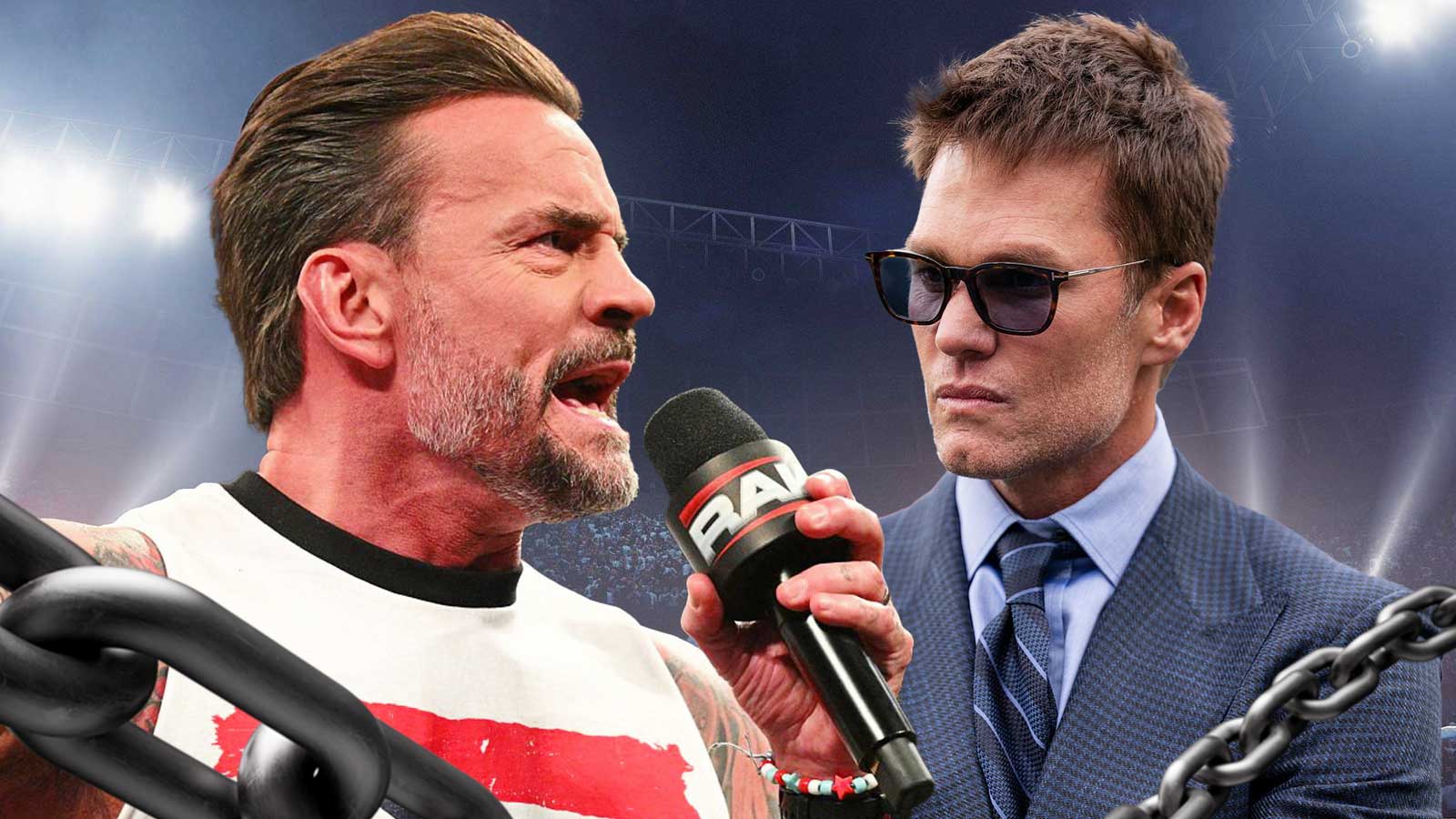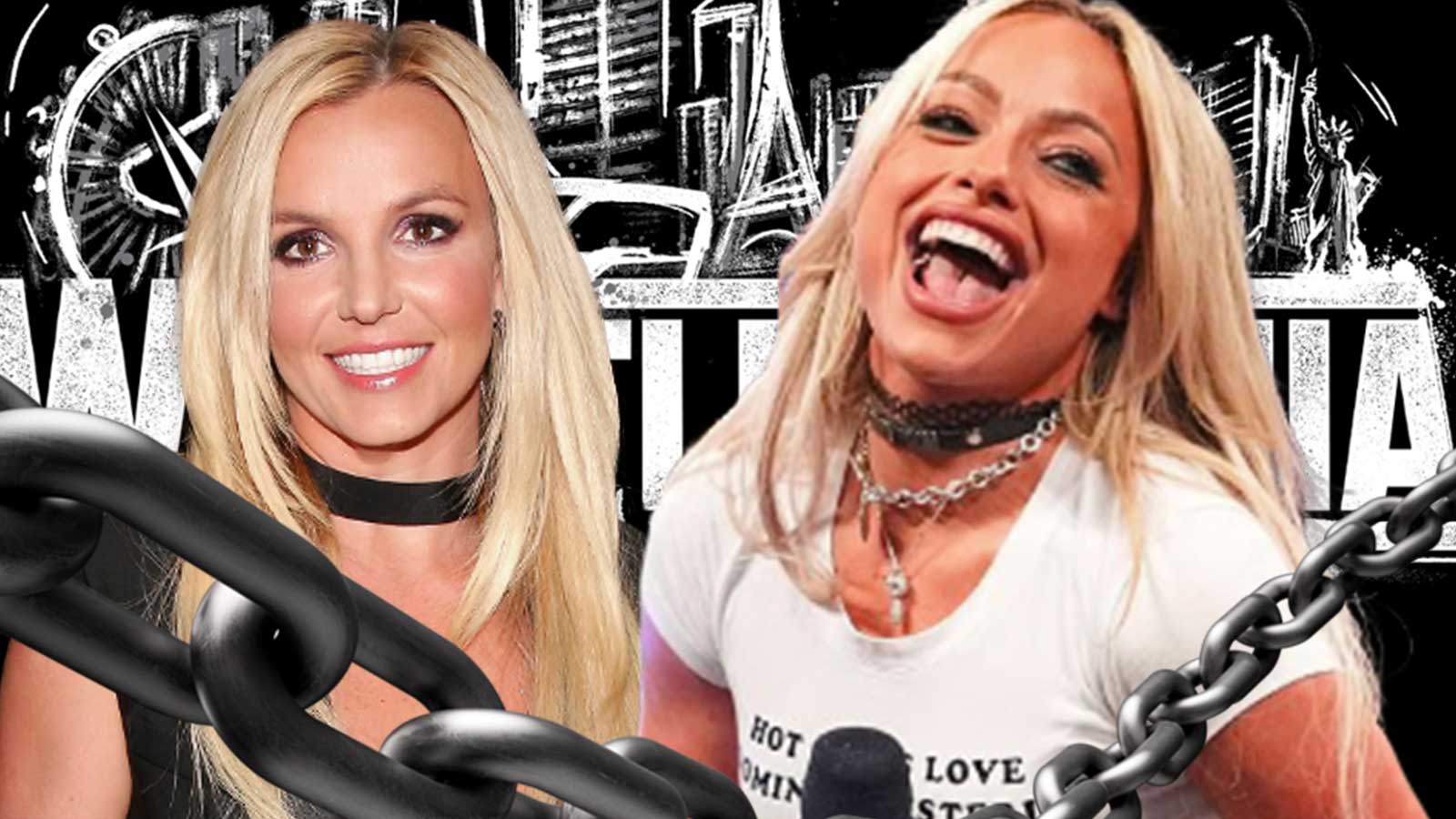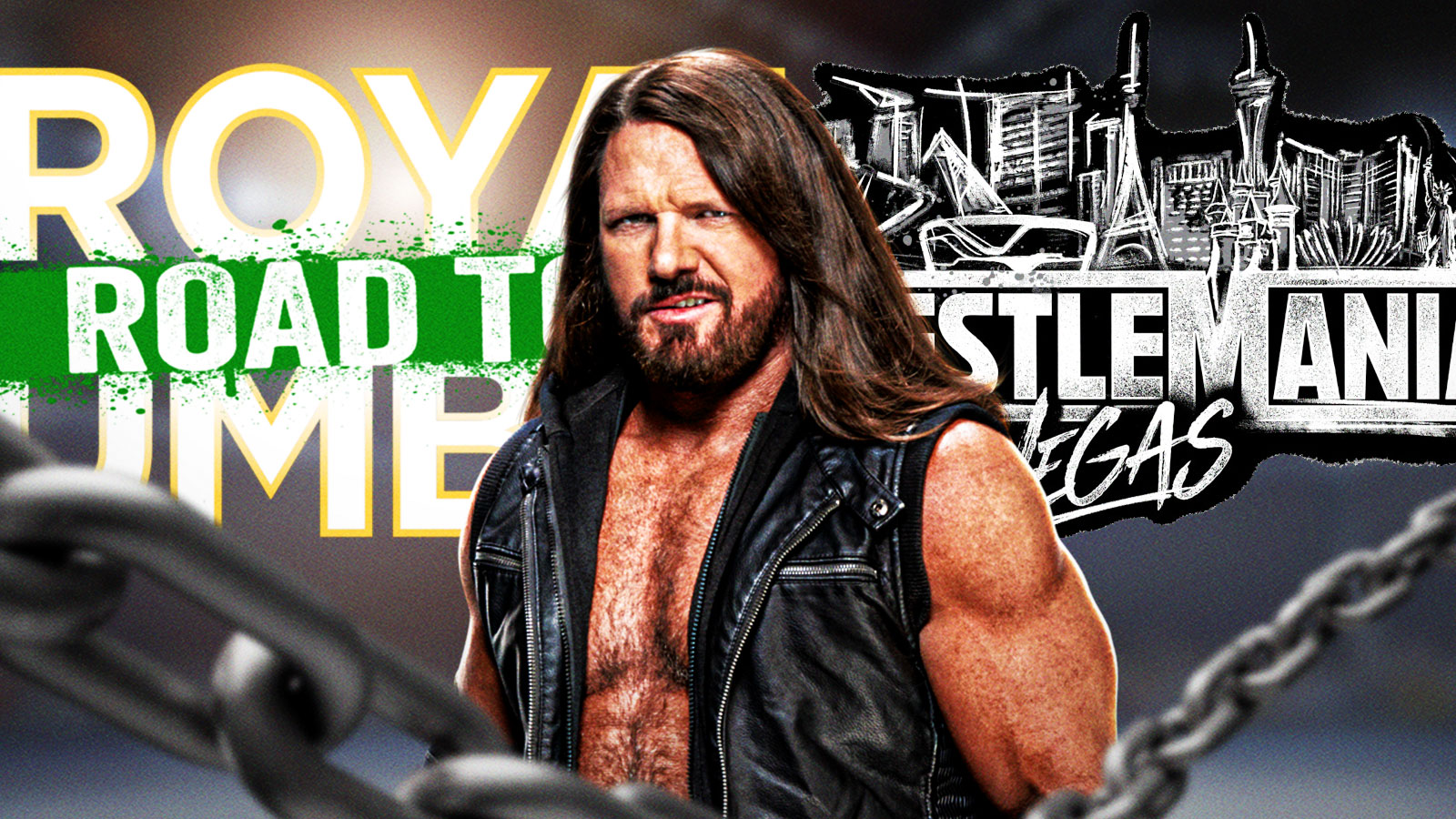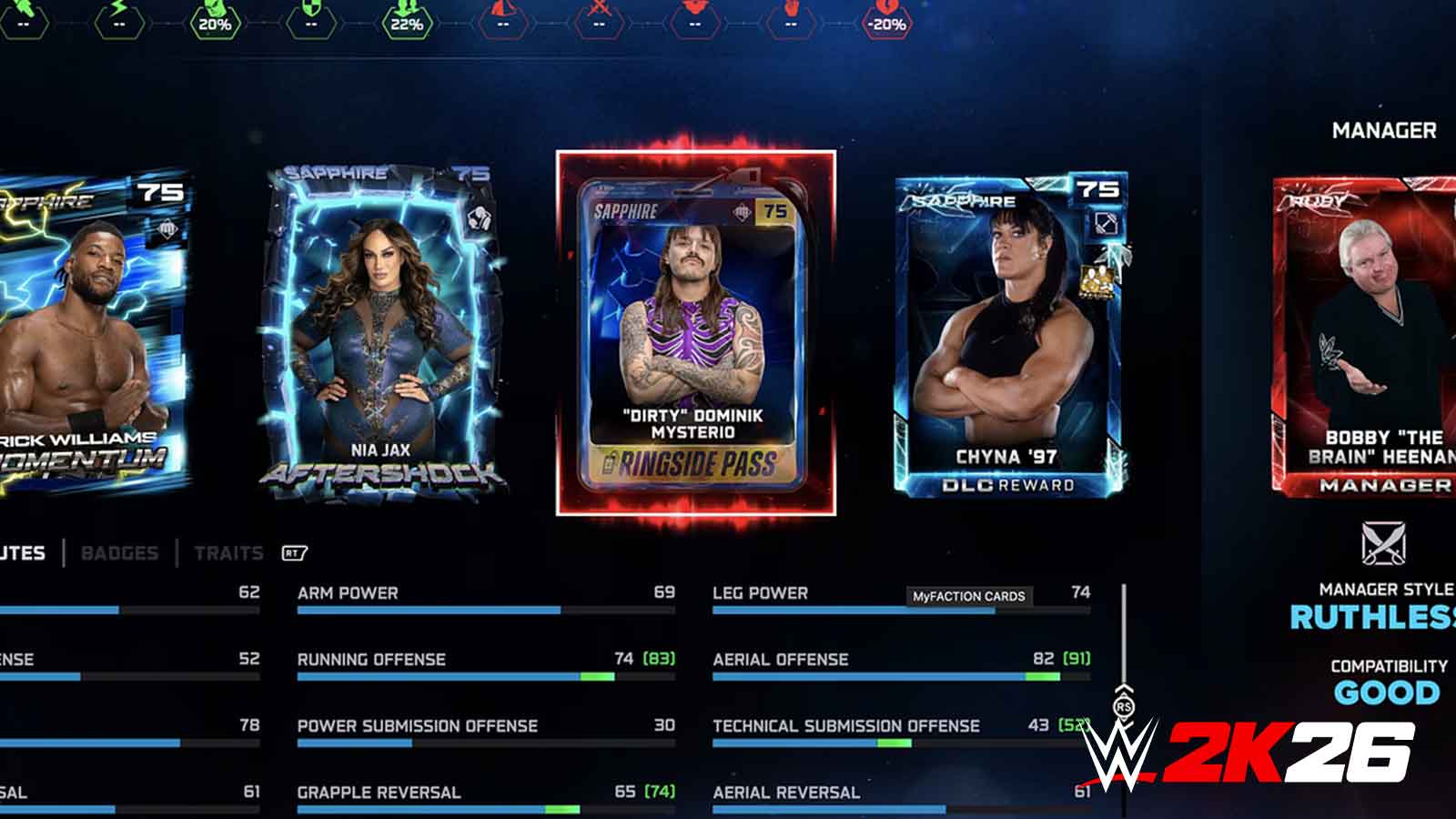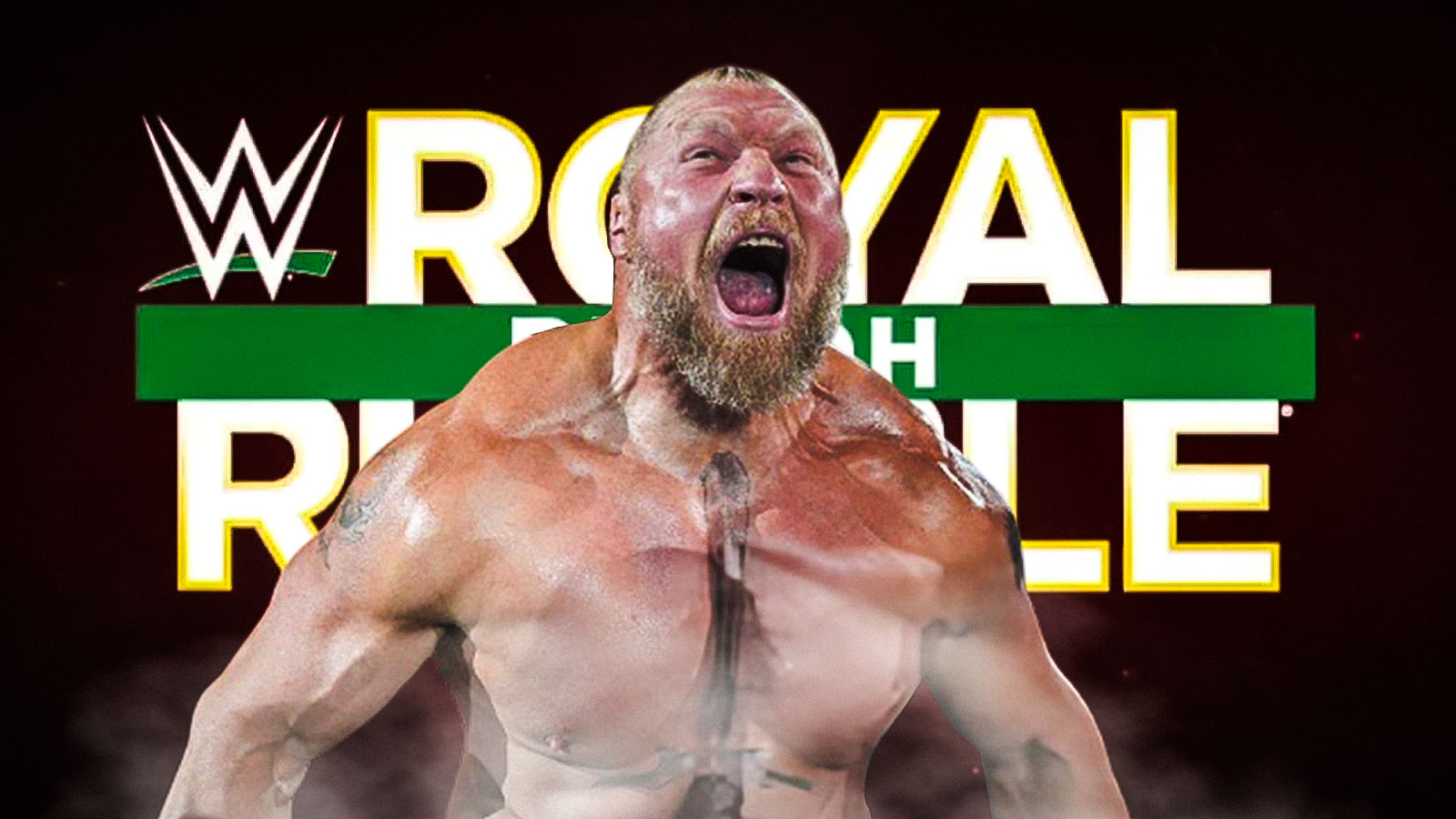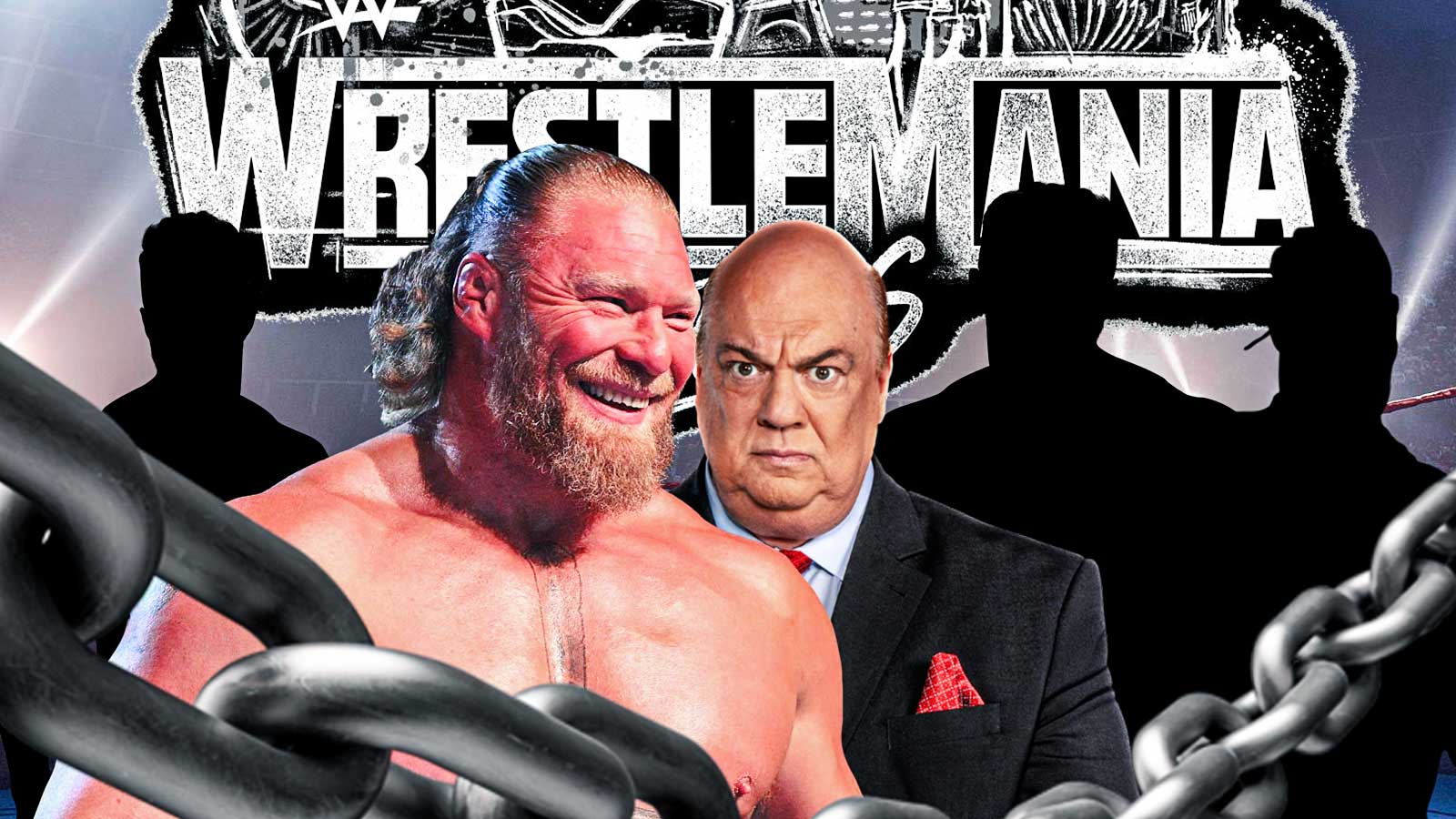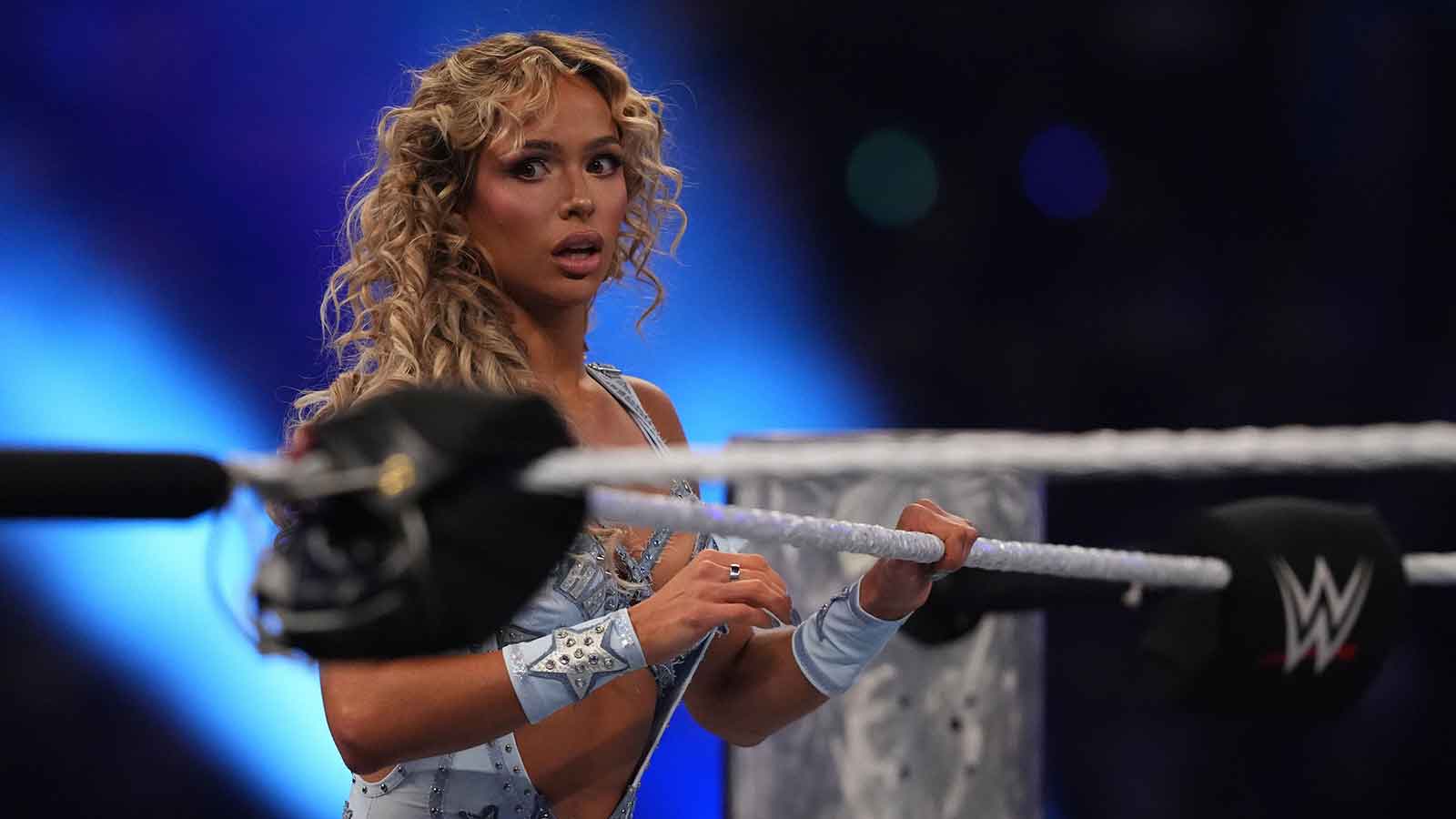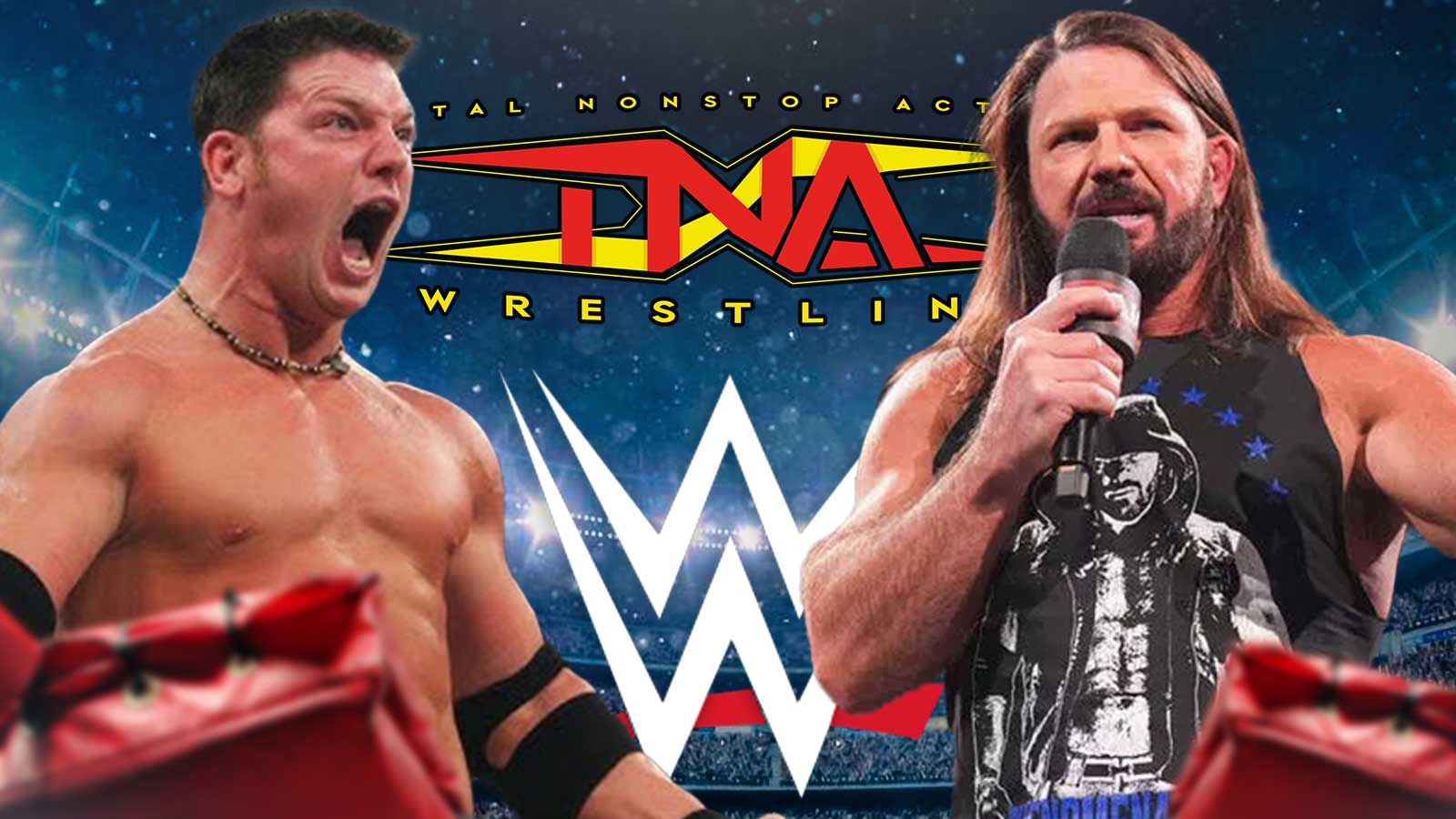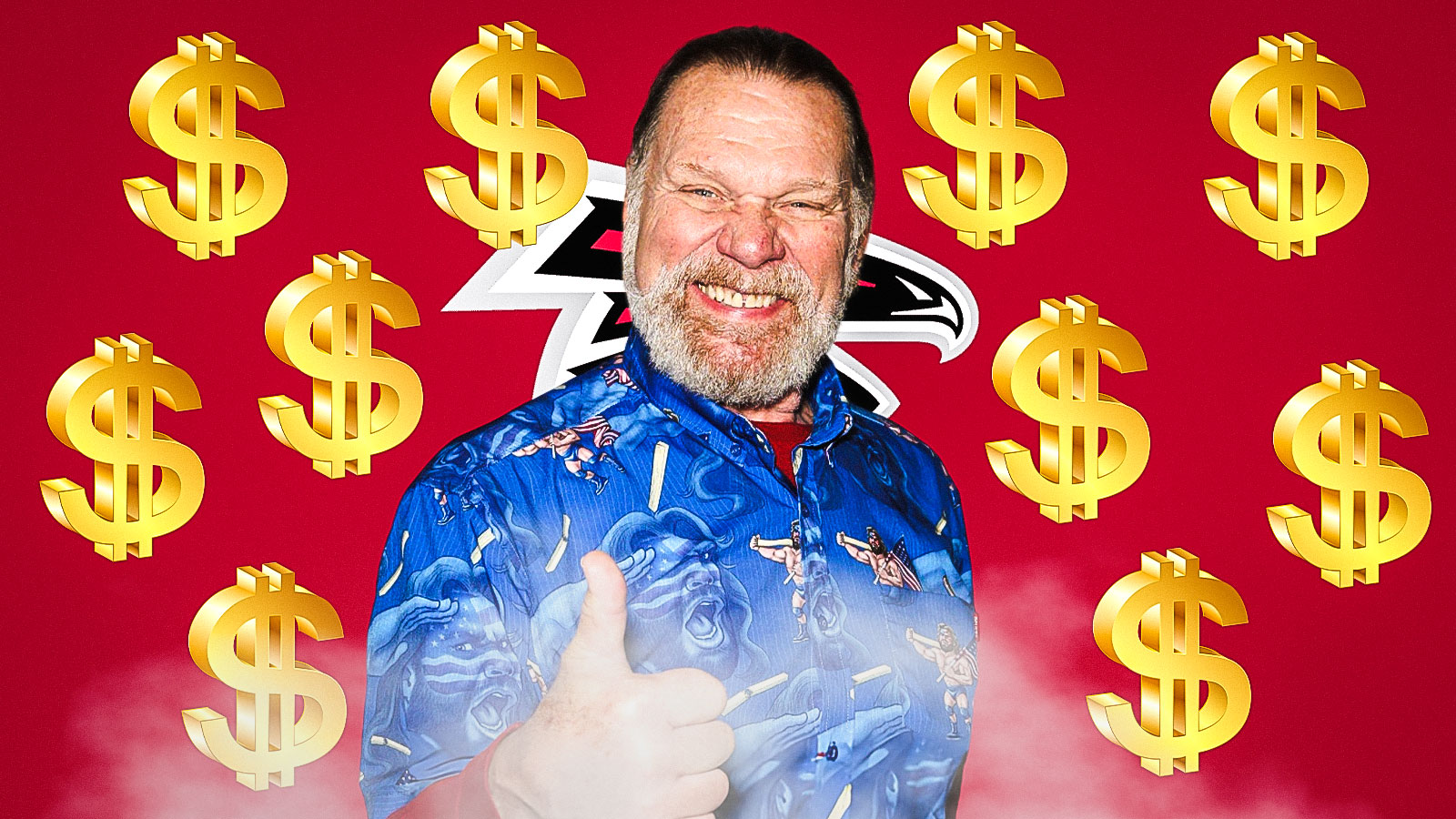In the lead-up to Bad Blood, one of the questions WWE had to grapple with on social media regarded their lack of representation on the PLE.
You see, despite taking place in Atlanta, a city that has one of the largest Black populations in the country, the promotion didn't have a single African American Superstar booked for any of the show's five matches, even if they had plenty of PCI representation in the main event, Latinx representation in matches two and three, and European love throughout the show.
Asked about not having a single African American male wrestler on the last three PLEs, Paul “Triple H” Levesque tried to answer the question in a respectable way. Unfortunately, it really didn't come off that way.
Triple H on the lack of representation on WWE PLEs:
"I don't see the difference in anybody. I don't see the color, I don't see the nationality, I see the talent." pic.twitter.com/JyXKKYNbhX
— AIR (@AIRGold_) October 6, 2024
Triple H doesn't see color or gender, but WWE fans still do
Taking a question he had to know was coming head-on, Levesque boldly declared that he doesn't see color or gender, just talent, which on paper might sound like a good thing to say but in practice is a pretty tired narrative folks have used for years to justify discrimination.
“I don’t see the difference in anybody. I don’t see the color. I don’t see the nationality. I don’t see any of it. I just see talent. I don’t see the difference between men and women. I see talent,” Levesque told the media via Fightful.
“We tell stories with those talent. How they can handle those stories and how they can represent those stories and how we can bring those stories forward. I don’t keep track of any of that. I do what’s relevant and what is best and what is being delivered the best. That’s what goes. No different than the men and women, who main events. Whatever the biggest stories are, that’s where we go.”
Did Triple H have ill intentions after Bad Blood? No, he probably workshopped his comments with WWE PR and chose his words to guarantee that they weren't taken the wrong way. Then again, when his verbiage of choice, ‘I don't see color,' has been knocked for years for denying racial identity and all of the different experiences different groups face, maybe he should have workshopped the idea a little bit longer.

